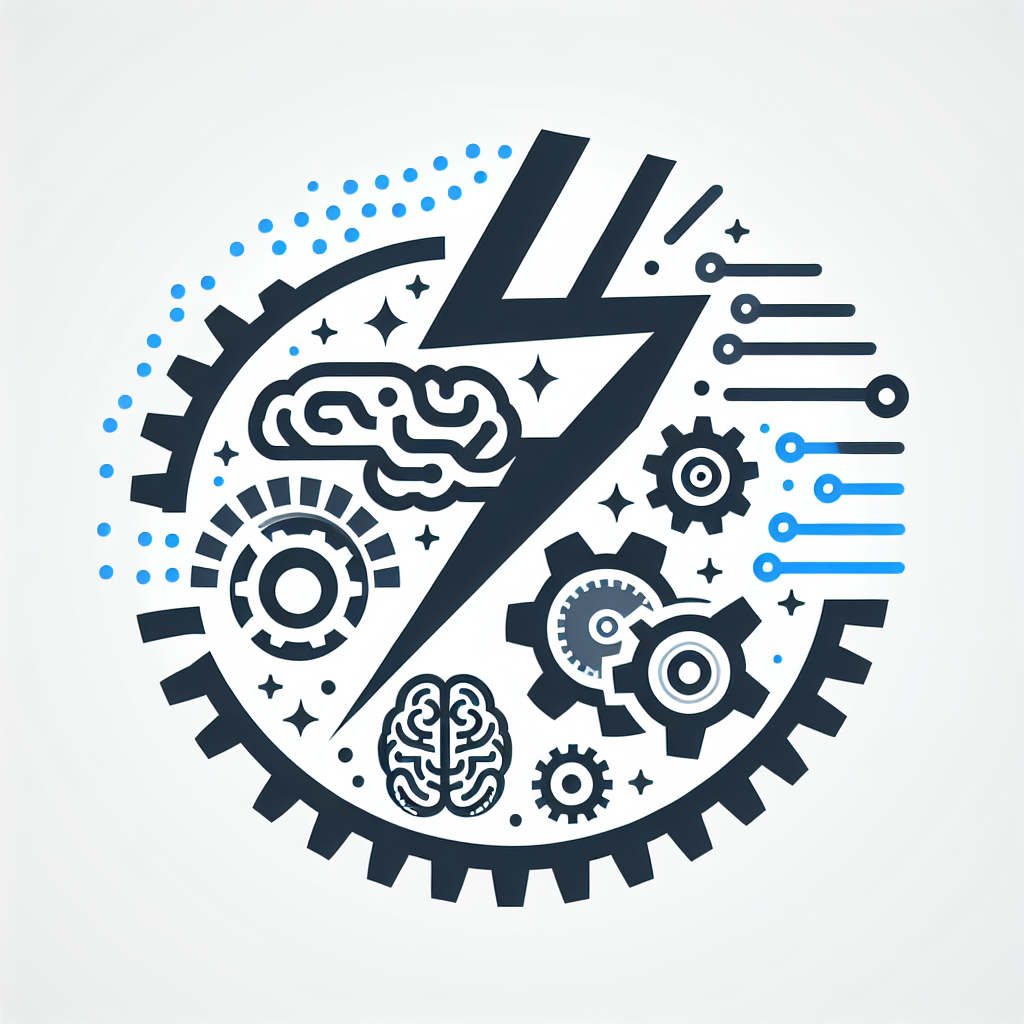The Potential of AGI: How Artificial General Intelligence is Revolutionizing Industries
Artificial General Intelligence (AGI) is a rapidly evolving field with the potential to revolutionize industries across the globe. AGI refers to the development of machines that possess the ability to understand, learn, and apply knowledge in a way that is indistinguishable from human intelligence. While current AI systems are specialized in performing specific tasks, such as image recognition or natural language processing, AGI aims to create a more generalized intelligence that can adapt to a wide range of tasks and contexts.
The development of AGI has the potential to greatly impact various industries, from healthcare to finance to transportation. In this article, we will explore the potential of AGI and how it is revolutionizing industries around the world.
Healthcare
One of the most promising applications of AGI in healthcare is in medical diagnosis and treatment. AGI systems can analyze vast amounts of data, including patient records, medical images, and genomic data, to identify patterns and correlations that human doctors may overlook. This can lead to more accurate diagnoses, personalized treatment plans, and improved patient outcomes.
AGI can also be used to develop new drugs and treatments more quickly and efficiently. By simulating the effects of different compounds on biological systems, AGI systems can identify promising drug candidates and predict their potential side effects. This can help pharmaceutical companies reduce the time and cost of drug development, leading to more effective treatments for patients.
Finance
In the finance industry, AGI can be used to analyze market trends, predict stock prices, and optimize investment portfolios. By processing large amounts of financial data in real-time, AGI systems can identify opportunities for profit and minimize risks. This can help investors make more informed decisions and achieve better returns on their investments.
AGI can also be used to detect fraudulent activities, such as credit card fraud or money laundering. By analyzing patterns in financial transactions and user behavior, AGI systems can identify suspicious activities and alert authorities before any harm is done. This can help financial institutions protect their customers and maintain the integrity of the financial system.
Transportation
In the transportation industry, AGI can revolutionize the way we travel and commute. Autonomous vehicles powered by AGI can navigate roads, interpret traffic signs, and avoid obstacles without human intervention. This can improve road safety, reduce traffic congestion, and increase the efficiency of transportation networks.
AGI can also be used to optimize transportation routes and schedules, leading to faster and more reliable delivery of goods and services. By analyzing real-time traffic data and weather conditions, AGI systems can suggest the most efficient routes for vehicles and ensure timely deliveries. This can help logistics companies save time and money while improving customer satisfaction.
FAQs
Q: What is the difference between AGI and AI?
A: AI refers to machines that are programmed to perform specific tasks, such as image recognition or natural language processing. AGI, on the other hand, aims to create machines that possess a more generalized intelligence and can adapt to a wide range of tasks and contexts.
Q: How close are we to achieving AGI?
A: While we have made significant progress in AI research, achieving AGI is still a long way off. Researchers are working on developing algorithms and technologies that can mimic human intelligence, but there are still many challenges to overcome before we can create truly intelligent machines.
Q: What are the ethical implications of AGI?
A: The development of AGI raises important ethical questions, such as how to ensure the safety and privacy of individuals, how to prevent misuse of technology, and how to address issues of inequality and bias. It is important for researchers, policymakers, and industry leaders to consider these ethical implications and develop guidelines for the responsible development and deployment of AGI.
In conclusion, the potential of AGI to revolutionize industries is vast and exciting. From healthcare to finance to transportation, AGI has the power to transform the way we work, live, and interact with technology. While there are still many challenges to overcome, the promise of AGI is clear, and its impact on society will be profound. As we continue to push the boundaries of AI research, we must also consider the ethical implications of AGI and work towards a future where intelligent machines enhance our lives in meaningful and responsible ways.

